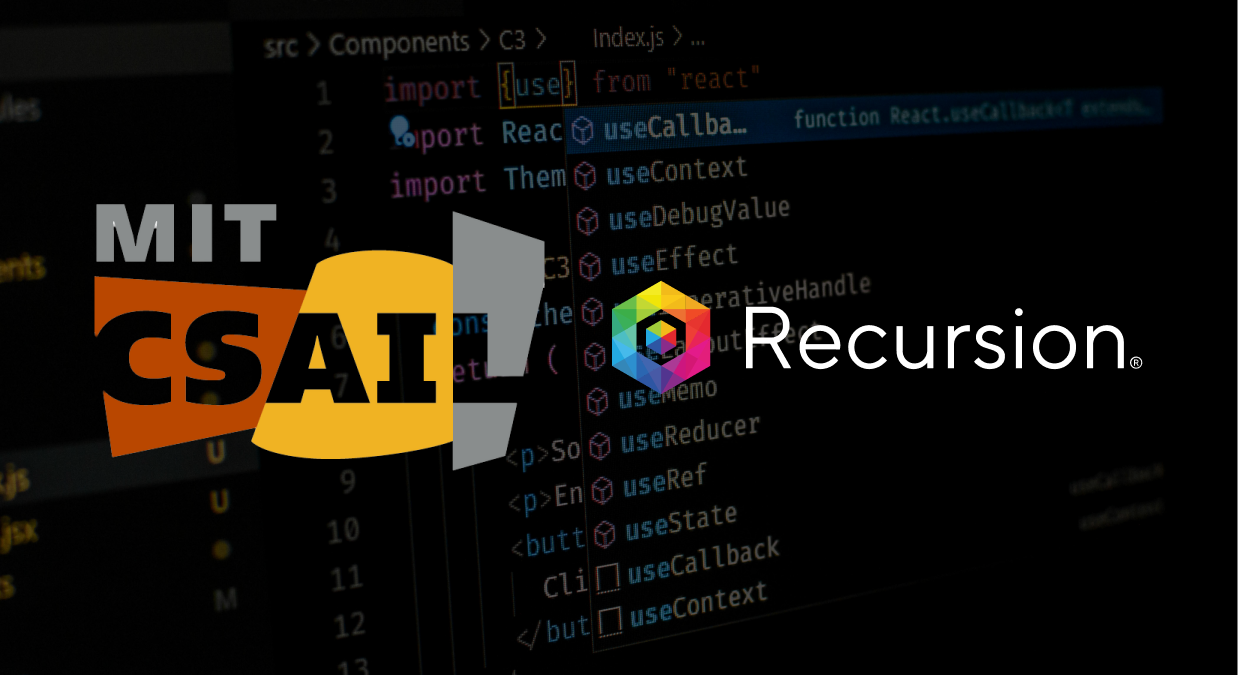MIT And Recursion Launch Boltz-2: A New Open-Source AI Foundation Model to Revolutionize Drug Discovery
MIT & Recursion launch Boltz-2, an open-source AI model for ultra-fast, accurate drug discovery.
Breaking News
Jun 07, 2025
Vaibhavi M.

MIT’s Computer Science and Artificial Intelligence Lab (CSAIL), the Jameel Clinic, and the TechBio company Recursion have released Boltz-2, a groundbreaking open-source biomolecular foundation model. Trained on Recursion’s NVIDIA-powered supercomputer, Boltz-2 significantly advances accuracy and speed in predicting molecular structure and binding affinity, outperforming previous benchmarks and even rivaling physics-based methods like FEP (free energy perturbation). This leap positions Boltz-2 as a next-generation tool for small-molecule drug discovery.
"Selecting the right molecules early is one of the most fundamental challenges in drug discovery, with implications for whether R&D programs succeed or fail. By predicting both molecular structure and binding affinity simultaneously with unprecedented speed and scale, Boltz-2 gives R&D teams a powerful tool to triage more effectively and focus resources on the most promising compounds. Collaborations like this, bridging academic innovation and industry application, play an important role in advancing the field and, ultimately, improving how we develop and deliver medicines for patients," said Najat Khan, Chief R&D Officer and Chief Commercial Officer at Recursion.
Boltz-2 stands out by enabling joint modeling of 3D protein-ligand complex structures and protein dynamics while maintaining high physical plausibility. It achieves near-FEP accuracy at over 1,000x the speed and lower computational cost, making it dramatically more scalable for virtual drug screening. The model outperformed all participants in the CASP16 affinity challenge and is trained on a uniquely large and diverse dataset that includes simulations, distillation data, and 5 million binding affinity assays.
“Accurately predicting how strongly molecules bind has been a long-standing challenge in drug discovery, one that required novel machine learning and computer science techniques to address. Boltz-2 not only addresses this crucial problem but also helps scientists uncover new biological insights and ask questions they couldn't before with standard approaches that are more computationally intensive. Because Boltz-2 is open-source, including its training code, scientists can easily adapt it for specific types of molecules, making it even more powerful as a tool to accelerate discovery,” said Regina Barzilay, MIT School of Engineering Distinguished Professor for AI and Health, AI faculty lead at Jameel Clinic and CSAIL principal investigator.
Importantly, Boltz-2 is being released as open-source under an MIT license, with its model weights and training pipeline accessible to both academic and commercial users. This reflects the teams’ commitment to democratizing advanced AI tools for drug development. Boltz-2’s development was led by MIT professors Regina Barzilay and Tommi Jaakkola, in collaboration with Recursion researchers, marking a major milestone in AI-enabled biomedical innovation.
